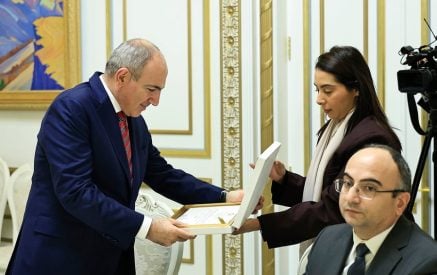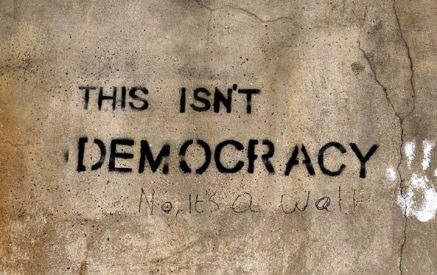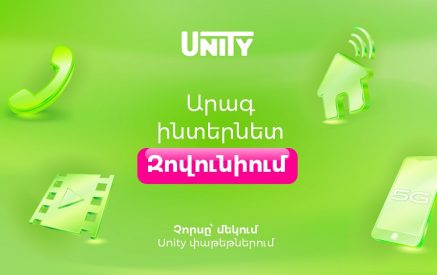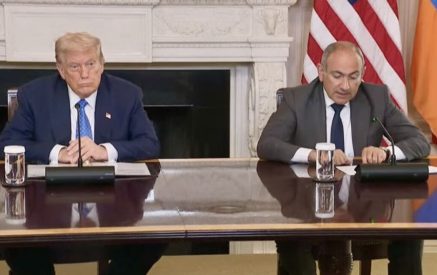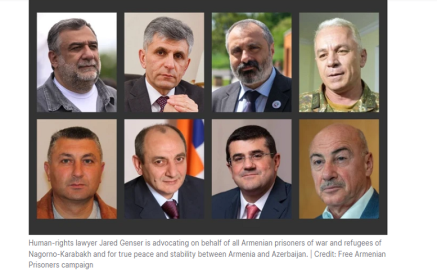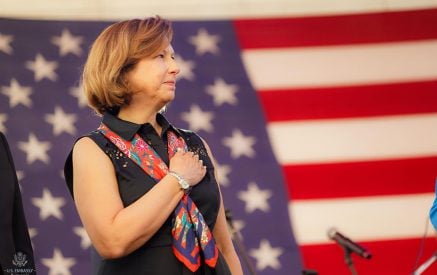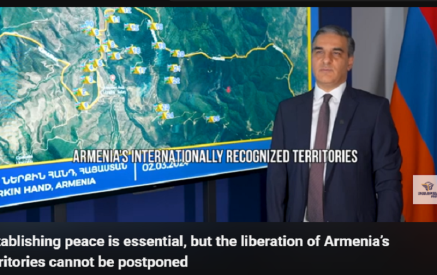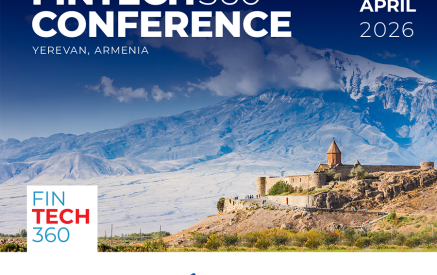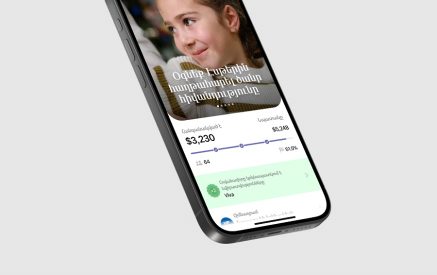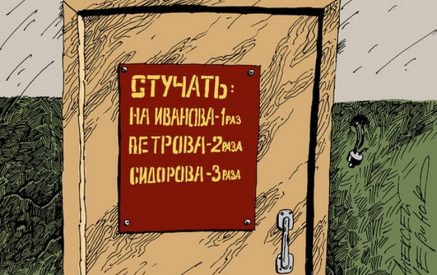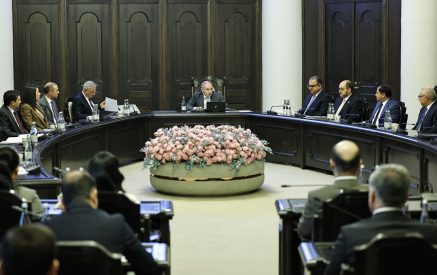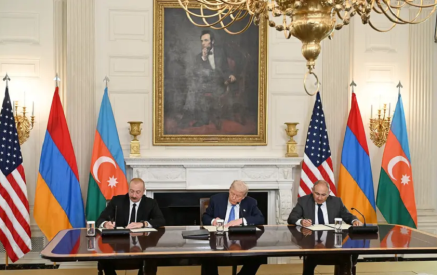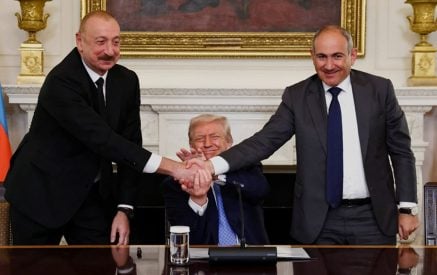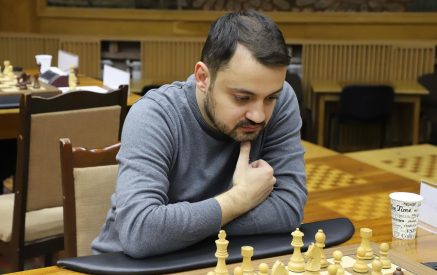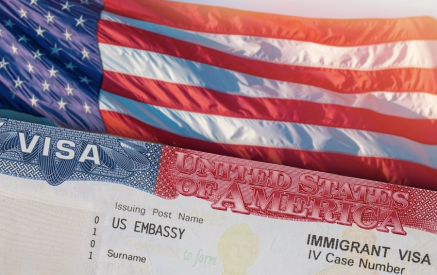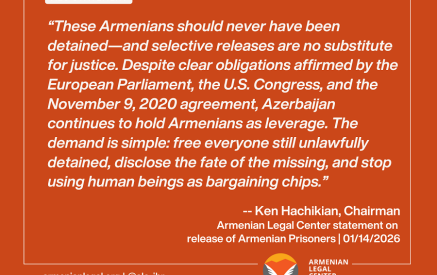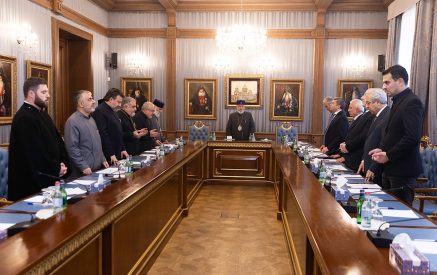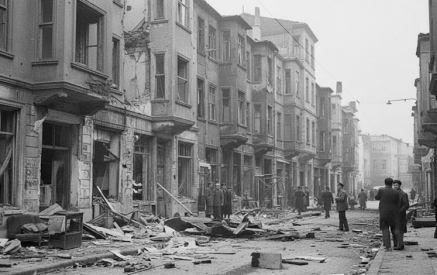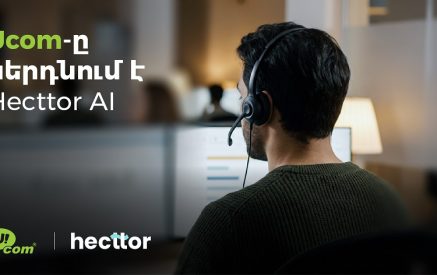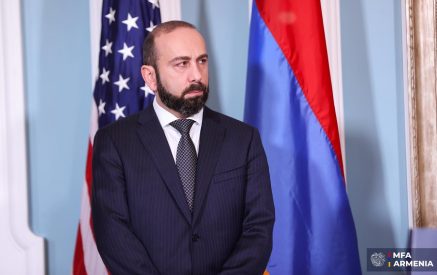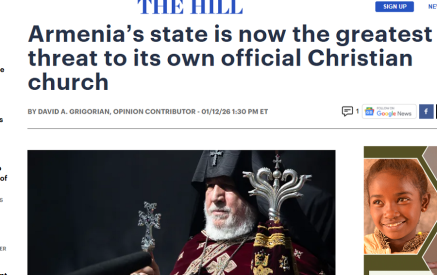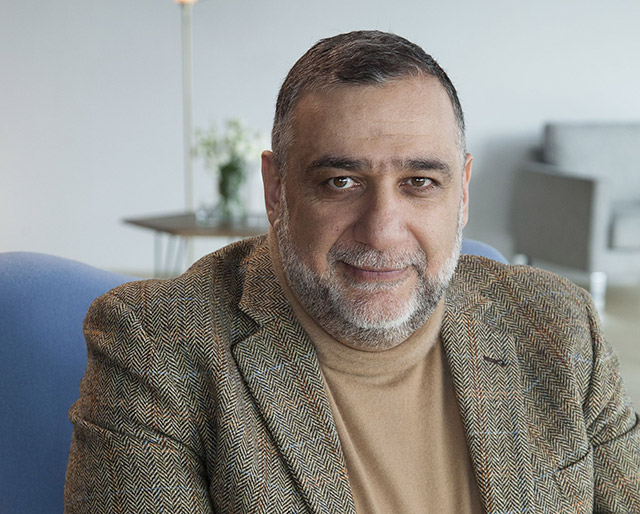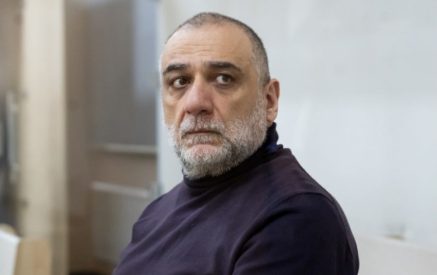Ruben Vardanyan, evolutionary visionary, Co-founder of the Aurora Humanitarian Initiative, UWC Dilijan, FAST, International School of Leadership and Professional Development “Matena” and other projects.
Part 11
Read the beginning here
2041 will mark 50 years of Armenia’s independence, and now we need to do our utmost to make this date a festive occasion, and not something we will be embarrassed by. All this makes the debate about possible scenarios for our development a pressing issue. Therefore, in late April 2021, my partners and I announced the launch of our new public initiative The FUTURE ARMENIAN.
Read also

We invite all people with a proactive attitude to the joint planning of the future of Armenia.
Photo credit: The FUTURE ARMENIAN ©
The most important reason why we are doing this is our willingness to create a common network of understanding for all Armenians, as well as Armenian organizations and institutions, about the sustainable development of our country and nation. Anyone can engage by co-signing the list of 15 goals of our initiative at futurearmenian.com. We invite all people with a proactive attitude—citizens of Armenia, Armenians of the Diaspora, and friends of our country—to take part in the upcoming discussions about what the future of Armenia and the Armenian people should be and how to achieve it, as well as contribute to the joint planning of our future steps.
The current critical state of affairs does not leave me the luxury of evading the discussion of the most important political and social issues.
Despite the fact that the beginning of our information campaign coincided with the Armenian general election campaign, The FUTURE ARMENIAN initiative has no political aspirations and does not pursue political goals. Previously, I have reiterated that I refrain from direct participation in political processes, but the current critical state of affairs does not leave me any other choice but to join the discussion of the most important political and social issues: what kind of Armenia we are building and how we envision the future of the Armenian nation. Most people agree that the closest and most evident way for an individual trying to adapt their life strategy to anticipate the future is to change the current situation through active engagement in public life, the struggle of parties, political forces, and civil society institutions. But this way is not the only option—others are available, too. The current crisis is not limited only to the political sphere, and I do not see any political force capable of dragging the country out of it. I believe, it is necessary to create a public council with the best representatives of the global Armenian elite, which would solve the issues of sustainable development of the Armenian world, which are inseparable from the issues of the state structure of Armenia in the current conditions. The government of the republic is an important participant in this process, but not the only one.
I do not see any political force capable of dragging the country out of the crisis.
In this sense, my partners and I are entering the political field. At the same time, I want to emphasize that we are still public, not political actors. Our task is to contribute to the transformation, expansion, and diversity of Armenia’s present-day political scene, the professionalization of political polemics, and the departure from the established practice, when voters endorse not so much for the program of a party but its face—a leader who, thanks to the media hype, has managed to gain significant publicity and influence. It should be noted that this is typical not only for Armenia.
The mandate of trust received from the public does not mean a monopoly on decision-making.
Armenia has chosen its representatives—now it needs to choose a model of the future through open debates involving the general public, which will attract and unite the forces of Armenians in the country itself and around the world, and our initiative is designed to bolster this process. I am convinced that those who have come to power today capitalizing on people’s desire to better understand what is happening will be fully legitimized only if they recognize and analyze the past mistakes, explain to the people what they are going to do to avoid such failures in the future, and establish a consistent dialogue with the public using various tools, from public opinion polls to referendums on various issues of public life. In other words, the mandate of trust received from society does not mean a monopoly on decision-making. The source of the new government’s legitimacy will be a new social contract between it and society. Only on such conditions is it possible to consolidate the Armenians and begin to rebuild the country through joint efforts.

Armenia has chosen its representatives—now it needs to choose a model of the future through open debates involving the general public.
Photo credit: Photolure News Agency ©
Today, The FUTURE ARMENIAN community includes over 100,000 people from more than 100 countries, which proves the interest many Armenians and friends of Armenia take in the future of the country and the nation and enables us to really discuss and shape the future agenda and legitimize it in our society. Obviously, in the current context, the authorities can no longer ignore the active part of society; therefore, it is important to develop new mechanisms of constructive interaction whose purpose will be to fight not against something or someone but for our common future.
To be continued




